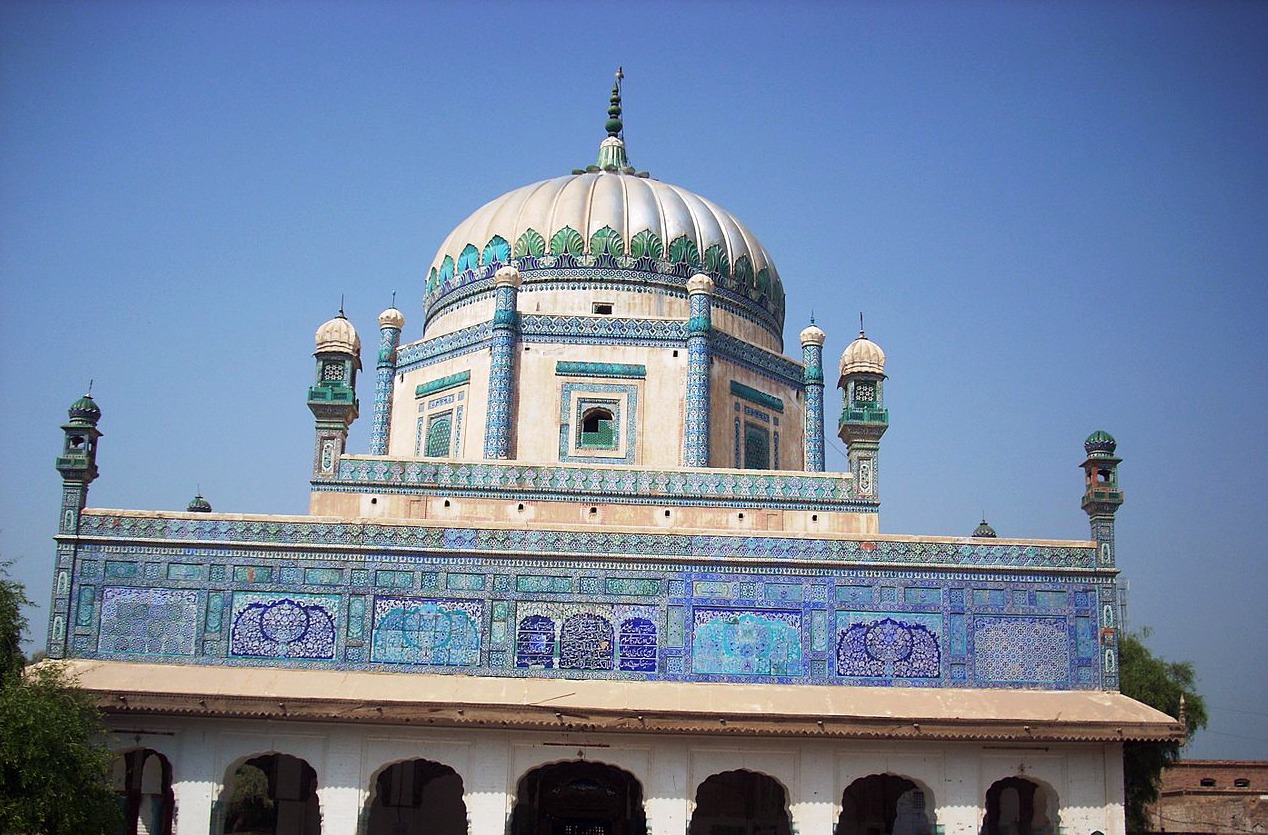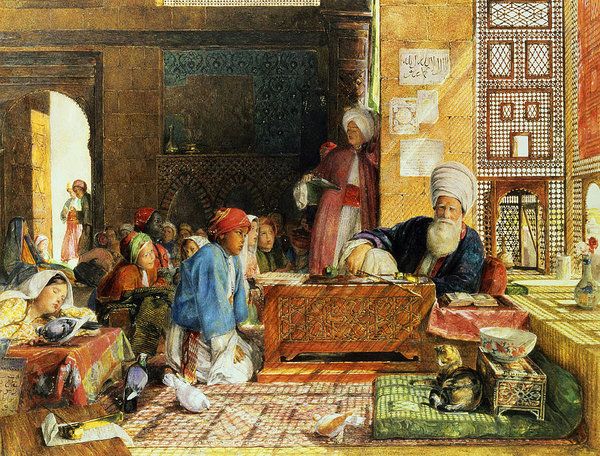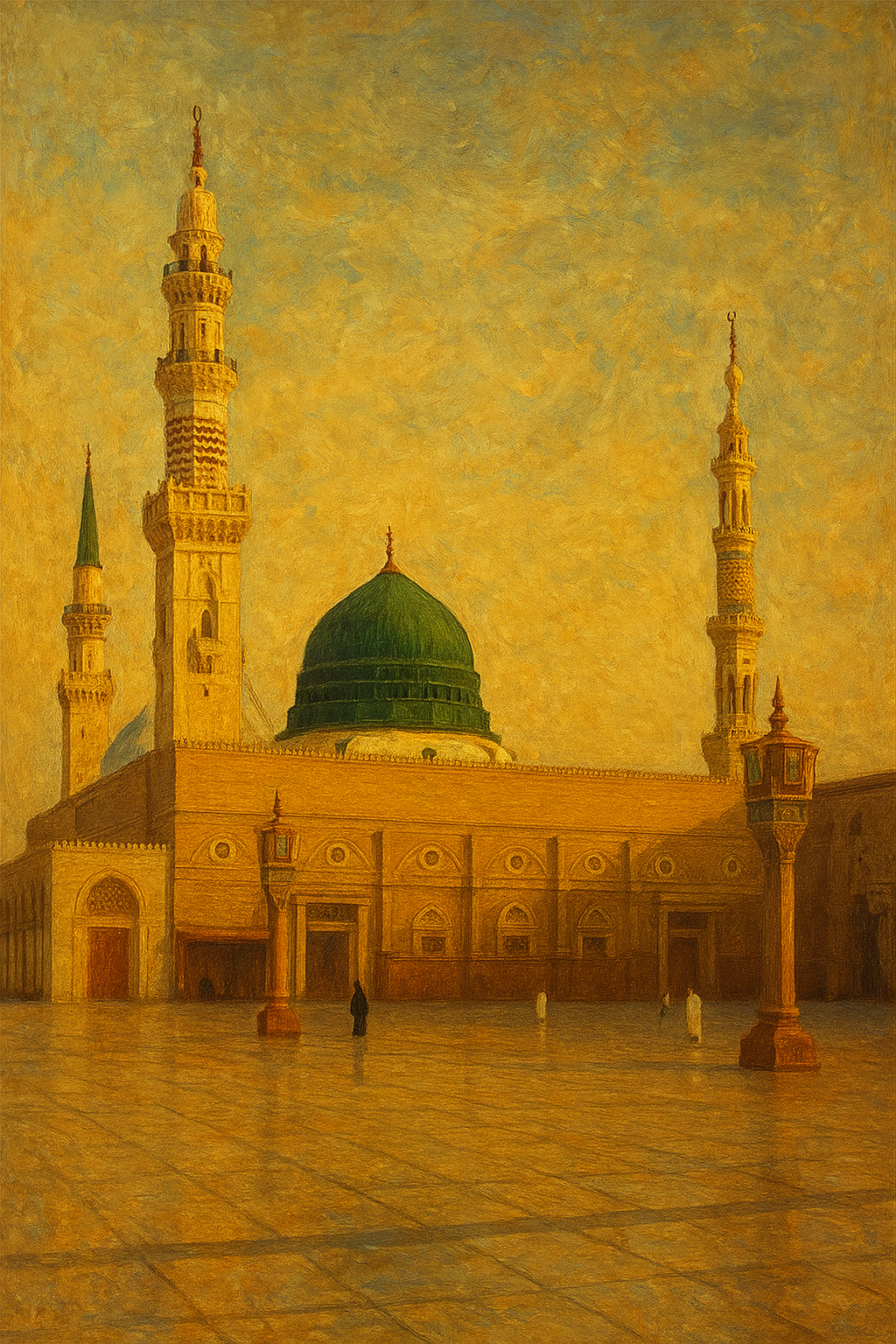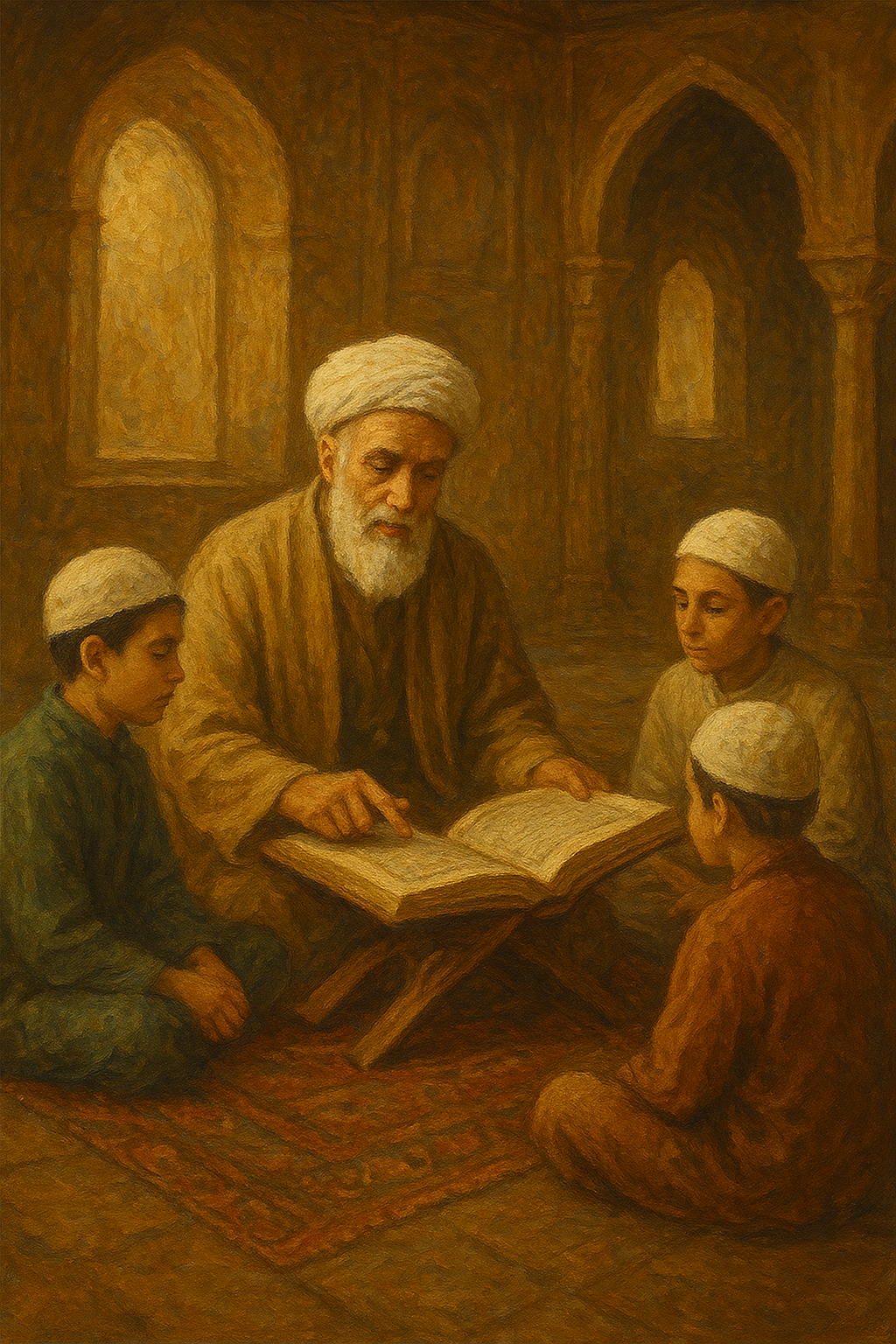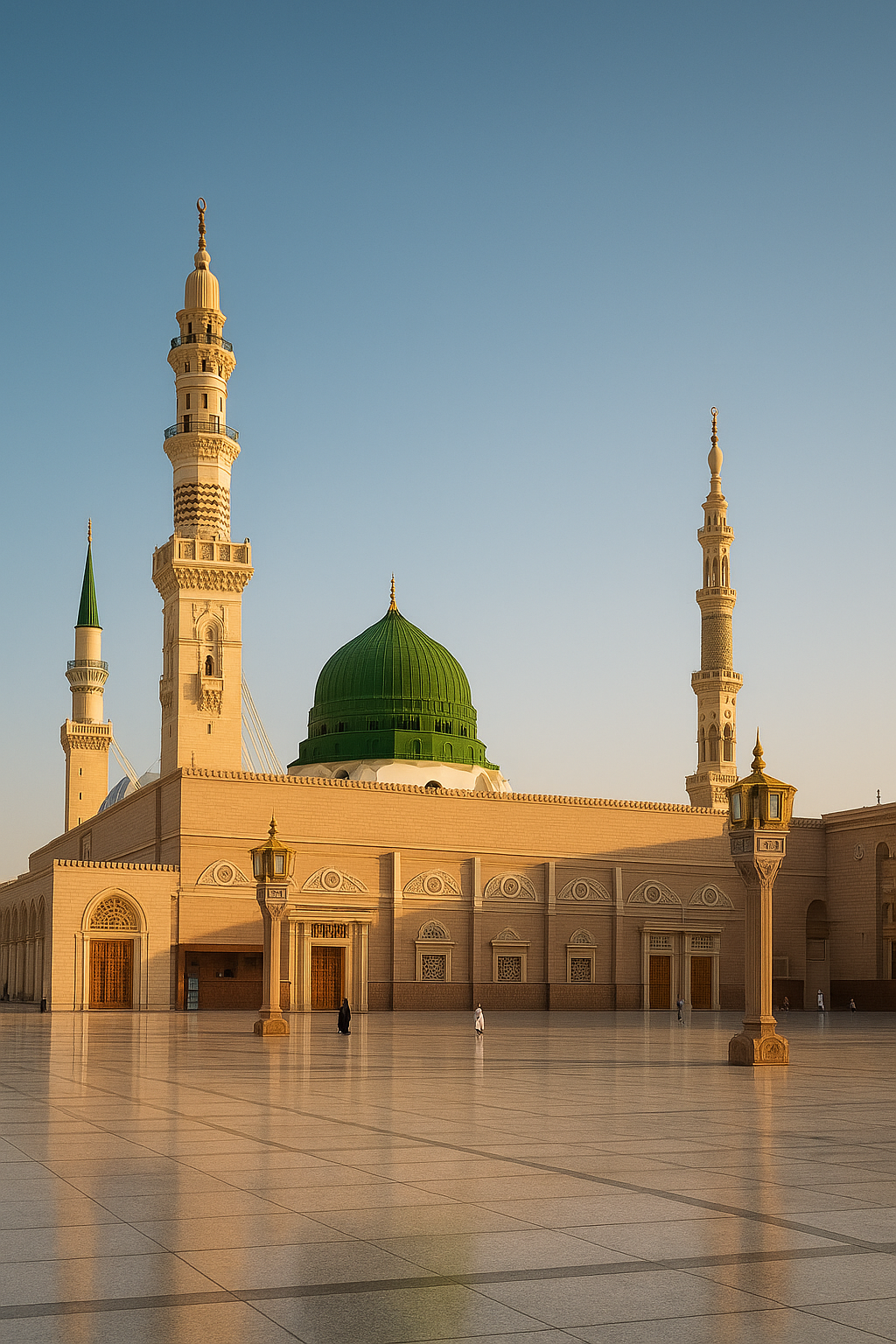Comprehensive Biography
A Century of Transformative Leadership (1173-1270 CE)
Birth and Childhood
Birth and Lineage
- Born in 1173 in Kheror, into a distinguished Qurashi Hashmi family.
- Maternal lineage connected to Hazrat Syed Essa Gillani and Hazrat Syed Abdul Qadir Gillani.
- Dual lineage provided both spiritual depth and scholarly prestige.
Childhood Environment
- Grew up in an atmosphere of piety, learning, and religious service.
- Early exposure to ethics, spirituality, and civic responsibilities.
Early Life and Education
Education
- Comprehensive training in Quranic studies, Hadith, Islamic jurisprudence, and ethics.
- Emphasis on memorization of the Quran and mastery of classical Islamic texts.
- Development of both spiritual sensitivity and administrative skills.
Early Leadership
- Assumed leadership responsibilities in Kheror after his father’s death.
- Balanced governance with religious obligations and moral guidance.
- Implemented reforms to maintain social order and resist heterodox influences.

Leadership and Reforms in Kheror (1188-1192 CE)
Ascension to Leadership
- After the death of his father, Makhdum Abdul-Rashid Haqqani assumed the leadership of Kheror at a young age.
- Despite his youth, he exhibited remarkable wisdom, piety, and administrative acumen.
- His leadership was immediately recognized by local elites, religious scholars, and the general populace.
Governance and Administration
- Introduced structured governance systems emphasizing justice, equity, and accountability.
- Strengthened administrative institutions to ensure smooth functioning of civic and religious duties.
- Focused on reducing corruption and ensuring that officials served the public with integrity.
Economic Reforms
- Implemented policies to increase agricultural productivity through irrigation and modern farming techniques.
- Encouraged trade and commerce by ensuring secure trade routes and fair taxation.
- Distributed surplus resources to support the poor and marginalized, enhancing social welfare.
Social and Moral Reforms
- Advocated for ethical conduct, religious observance, and moral uprightness among citizens.
- Combated heterodox practices and heretical doctrines prevalent in the region.
- Promoted literacy, learning, and religious education as a foundation for societal development.
Protection of Faith and Islamic Principles
- Kheror under Haqqani remained immune to Qaramatain deviations and maintained orthodox Islamic beliefs.
- Regularly conducted sermons, study circles, and communal gatherings to reinforce faith.
- His reputation as a just and pious leader attracted respect from neighboring regions and rulers.
Legacy in Kheror
- His reforms strengthened Kheror economically, socially, and spiritually.
- Established a model of governance combining political authority with moral and spiritual responsibility.
- The groundwork he laid prepared him for future transformative work in Multan.
Recognition by Shahabuddin Ghauri (1192 CE)
Context of the Period
- During Makhdum Abdul-Rashid Haqqani’s leadership in Kheror, the neighboring regions faced socio-political instability and religious deviation.
- Multan, in particular, was under the influence of Qaramatain doctrines, experiencing moral decay, lawlessness, and economic decline.
- Heinous crimes such as killings, looting, and fraud were rampant, and Islamic principles were widely disregarded.
Shahabuddin Ghauri’s Campaigns
- Sultan Shahabuddin Ghauri undertook military campaigns to eliminate heretical practices and consolidate Islamic governance in northern India.
- Upon learning of Makhdum Abdul-Rashid Haqqani’s success in preserving faith and justice in Kheror, Ghauri was deeply impressed.
Personal Recognition
- Sultan Shahabuddin Ghauri personally acknowledged Haqqani’s wisdom, piety, and administrative excellence.
- He recognized that the young leader had successfully prevented heterodox influence and maintained social and religious harmony in Kheror.

Ghauri's and Request to Relocate to Multan
Request to Relocate
- Shahabuddin Ghauri requested Makhdum Abdul-Rashid Haqqani to relocate to Multan to restore faith, justice, and governance in the city.
- Ghauri believed that Haqqani’s spiritual authority and administrative skill could rehabilitate Multan from anarchy and moral decline.
Significance of the Request
- This invitation marked a pivotal moment in Haqqani’s life, extending his influence from Kheror to a critical urban center.
- It positioned him to establish Multan as a hub of Islamic learning, social welfare, and spiritual guidance.
- The request also highlights the recognition of spiritual and moral authority alongside political acumen during this period.
Preparation for Transition
- Haqqani prepared to leave Kheror, having strengthened its administrative and social systems.
- His departure signified the extension of his leadership and reformative vision to a larger, more complex societal context.
Arrival in Multan and Situational Context (1192 CE)
Arrival and Initial Observations
Makhdum Abdul-Rashid Haqqani arrived in Multan following the invitation of Sultan Shahabuddin Ghauri. Upon arrival, he observed a city plagued by social, economic, and moral decay:
- Widespread lawlessness and absence of effective governance.
- Rampant bloodshed, looting, and other heinous crimes.
- Islamic principles were largely ignored, and citizens lived in fear and insecurity.
Qaramatain Influence
- The Qaramatain sect had spread heretical doctrines, leading to deviation from mainstream Islamic beliefs.
- Haqqani identified the urgent need to restore orthodox Islamic practices and moral order.
Initial Measures Taken
Haqqani prioritized spiritual, social, and economic reforms:
- Established a hospice as a center for spiritual guidance, education, and skills development.
- Provided moral training to the population to encourage repentance and ethical behavior.
- Offered social assistance to victims of crime and poverty.
Establishing Authority and Recognition
- Citizens and local leaders soon recognized his wisdom, piety, and leadership.
- Multan gradually came under his moral and spiritual sway, aligning local governance and social systems with Islamic principles.
Integration of Community and Governance
Haqqani fostered a system of pluralism, coexistence, and justice, promoting:
- Tolerance and unity among diverse social groups.
- Rehabilitation of those who had deviated from religious and moral norms.
- Community cohesion through shared spiritual and ethical practices.
Long-Term Vision
- His early interventions laid the foundation for sustained societal transformation.
- The hospice became a nucleus of learning, spiritual mentorship, and moral reformation.
- This period marked the beginning of thirty years of transformative leadership in Multan.
Thirty Years of Service to Multan (1192-1222 CE)
Establishing Spiritual and Social Reforms
Upon settling in Multan, Makhdum Abdul-Rashid Haqqani devoted thirty years to restoring Islamic values, governance, and social order. Through his leadership, lawlessness, bloodshed, and moral decline gradually decreased. His hospice served as a central hub for:
- Spiritual guidance and mentorship.
- Education in religious and moral teachings.
- Practical skills development to uplift the economically disadvantaged.
Restoration of Islamic Principles
- Haqqani countered the influence of the Qaramatain sect, ensuring orthodox Islamic practices were re-established.
- Citizens were encouraged to repent, embrace righteousness, and live according to ethical norms.
- He promoted social justice, tolerance, and community cohesion.
Civic and Economic Development
Initiated projects to improve public welfare, including:
- Land cultivation and irrigation projects to boost local economy.
- Distribution of resources to the poor and needy.
- Strengthening community structures to reduce crime and social unrest.
Recognition and Legacy in Multan
Haqqani’s presence and reforms earned him widespread respect and loyalty. Citizens and leaders voluntarily aligned themselves under his moral and spiritual guidance, creating a stable and secure society.
Integration of Community and Governance
- Haqqani fostered a system of pluralism, coexistence, and justice, promoting.
- Tolerance and unity among diverse social groups.
- Rehabilitation of those who had deviated from religious and moral norms.
- Community cohesion through shared spiritual and ethical practices.
Handover of the Hospice
In 1222, after decades of service, Makhdum Abdul-Rashid Haqqani formally handed over the flourishing hospice to his cousin and brother-in-law, Hazrat Baha-ud-Din Zakariya.
- He entrusted the hospice’s management to Zakariya, appointing his two elder sons, Makhdum Abubakar Sultan and Hazrat Makhdum Muhammad, as assistants to ensure continuity of spiritual and educational work.
- This transition symbolized Haqqani’s commitment to institutionalizing spiritual and social reforms beyond his personal leadership.
Six-Year Spiritual Pilgrimage Journey (1122-1228 CE)
Initiation of Spiritual Pilgrimage
Following the handover of his hospice to Hazrat Baha-ud-Din Zakariya in 1222, Makhdum Abdul-Rashid Haqqani commenced a six-year intensive spiritual journey.
The pilgrimage marked his full devotion to Allah, moving from administrative leadership in Multan to rigorous spiritual cultivation, emphasizing ascetic practices, prayer, and mystical contemplation.
The journey was a culmination of his lifelong spiritual discipline and obedience to divine guidance.
Three-Year Devotion in Madinah
- Haqqani spent three years in the sacred precincts of the Prophet’s Mosque in Madinah, dedicating his life entirely to worship, reflection, and recitation of the Quran.
- During this period, he practiced extreme self-discipline, including voluntary fasting, night vigils, and extended meditation sessions.
- He also served pilgrims, guiding them in ethical conduct and spiritual practice, reflecting his commitment to combining personal piety with communal service.
Discipleship under Syed Ali Shah Hamdani in Hamadan
Acting on a divine instruction in a dream from the Prophet Muhammad (peace be upon him) while in Madinah, Haqqani traveled to Hamadan to seek advanced spiritual instruction under Syed Ali Shah Hamdani.
- Under Hamdani’s mentorship, he immersed himself in rigorous spiritual training, mastering advanced techniques of meditation, ethical self-purification, and mystical insight.
- This phase refined his spiritual authority and prepared him to guide others in complex ethical, spiritual, and social matters.
Founding of Qadiriyyah Order (1128 CE)
Founding of the Qadiriyyah Spiritual Order
After completing his six-year journey, Haqqani returned to the subcontinent as a highly accomplished spiritual leader.
He established the Qadiriyyah spiritual order and founded hospices at Makhdum Rashid Multan and Shah Sadar Pur Dunyapur.
These centers served as:
- Institutions for spiritual training and mentorship of disciples.
- Centers for ethical and moral education grounded in Islamic principles.
- Facilities providing care for the needy and counseling for spiritual and emotional well-being.
Integration of Spirituality and Social Reform
Haqqani’s pilgrimage experience allowed him to merge spiritual mastery with practical social leadership.
The hospices became pivotal in guiding the community, offering religious education, ethical instruction, and social support, demonstrating his holistic vision of societal reform through spirituality.
Legacy of Spiritual Leadership
His six-year journey and subsequent establishment of Qadiriyyah centers solidified his role as a transformative spiritual leader.
The hospices became enduring centers of Islamic learning, spiritual enlightenment, and community welfare, influencing generations of disciples and followers.
This period exemplifies how Makhdum Abdul-Rashid Haqqani combined profound mystical experiences with tangible social reform, ensuring that his spiritual insights had a lasting impact on both individual disciples and the broader community.
Legacy & Eternal Rest (1270 CE)
Continued Spiritual Leadership
Focused on deep spiritual practice, guidance of disciples, oversight of established institutions, and preservation of Islamic knowledge for future generations.
Death and Immediate Impact (1270 CE)
His death marked the end of nearly a century of transformative leadership, with the entire region mourning the loss of a leader who successfully combined spiritual authority with practical governance.
